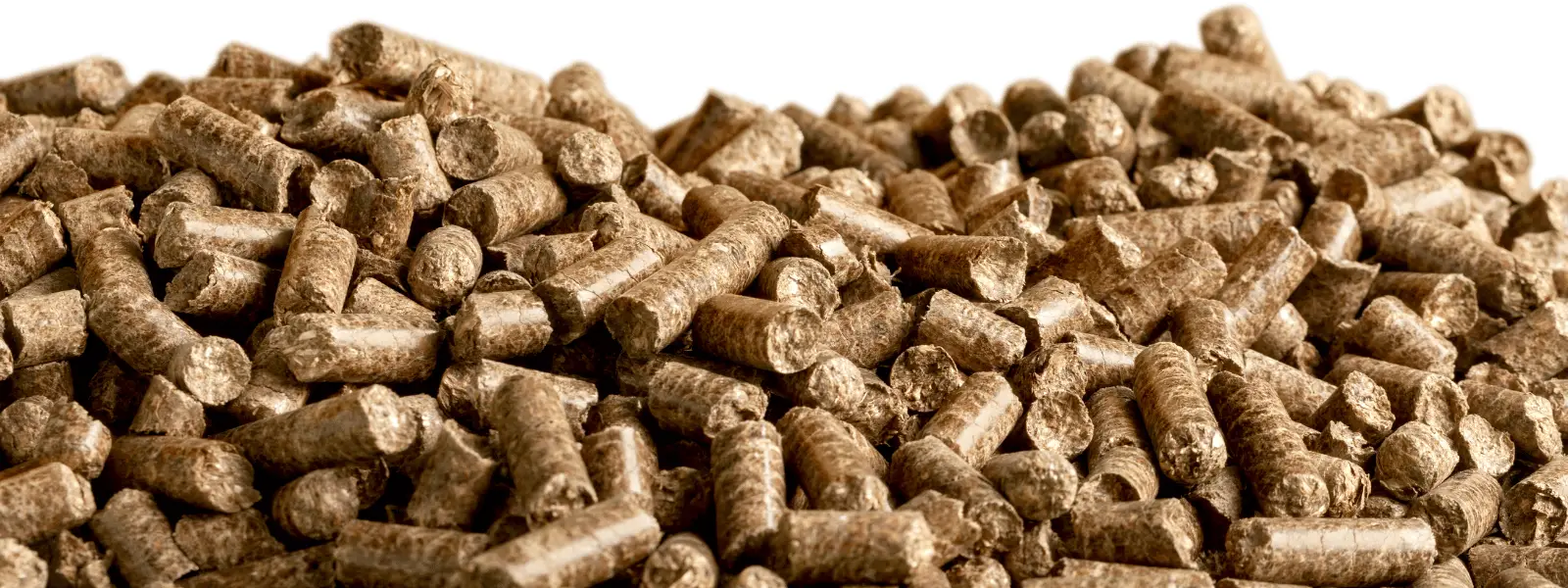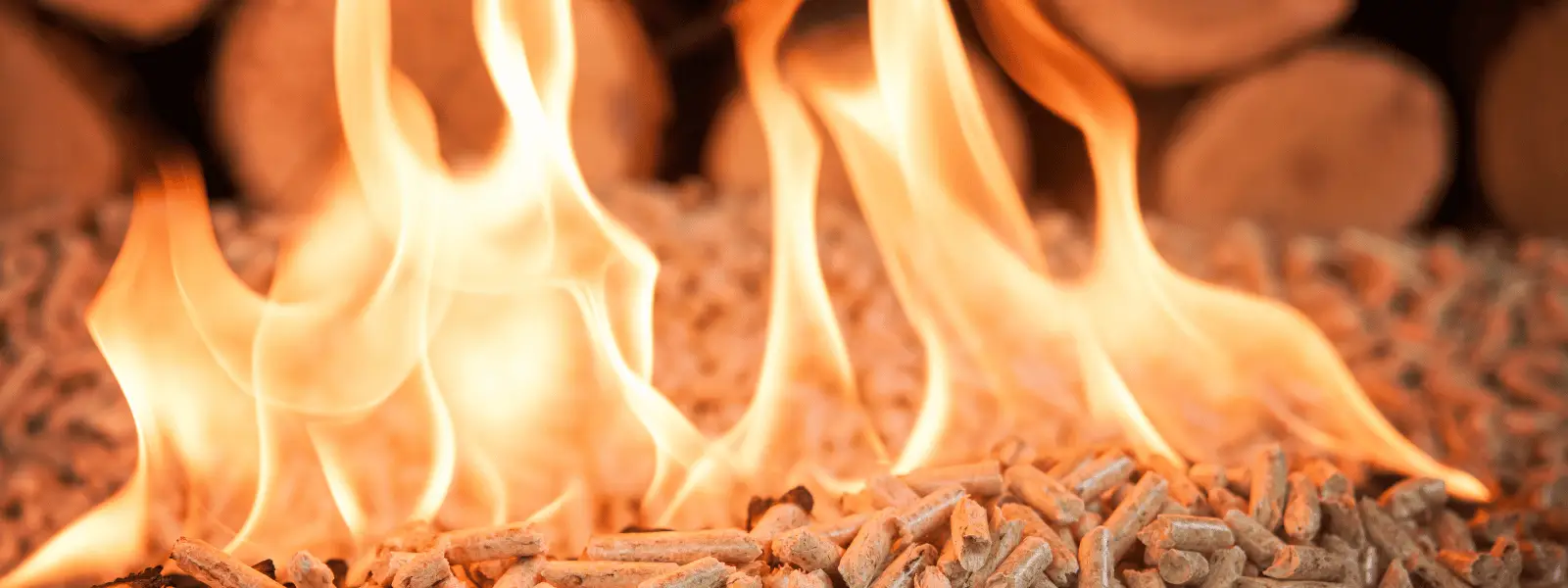Biomass boilers are a type of boiler that uses organic materials such as wood, pellets, or chips to generate heat. The boiler burns these materials to produce hot water or steam, which can then be used to heat homes or provide hot water.
Advantages of Biomass Boilers

Renewable Energy
Biomass is a renewable source of energy. This means that it is replenished naturally and is not finite like fossil fuels. Using biomass as a fuel source helps reduce our dependence on non-renewable energy sources such as coal and oil.
Cost-Effective
Biomass fuels are generally cheaper than fossil fuels such as oil and gas. This means that you can save money on your heating bills by using a biomass boiler. Additionally, the cost of biomass fuels is more stable than that of fossil fuels, which are subject to price fluctuations due to market conditions.
Carbon Neutral
Biomass fuels are carbon neutral, which means that they do not emit more carbon into the atmosphere than they absorb. When biomass is burned, it releases carbon dioxide, but the carbon dioxide is then absorbed by plants during photosynthesis. This process creates a closed carbon cycle, which means that using biomass as a fuel source does not contribute to climate change.
Reduced Waste
Using biomass as a fuel source helps reduce waste. Wood chips, sawdust, and other organic materials that are used in biomass boilers are often waste products from the timber industry or from sawmills. By using these materials as fuel, we are reducing the amount of waste that ends up in landfills.
Disadvantages of Biomass Boilers

High Upfront Cost
One of the main disadvantages of biomass boilers is their high upfront cost. Biomass boilers are generally more expensive than traditional boilers, which can make them a less attractive option for homeowners who are on a tight budget.
Fuel Storage Requirements
Biomass boilers require a large amount of fuel storage space. This is because the fuel needs to be stored on-site and it takes up a lot of space. Additionally, the fuel needs to be kept dry to prevent it from rotting, which can be a challenge in wet climates.
Maintenance Requirements
Biomass boilers require regular maintenance to keep them running efficiently. This includes cleaning the boiler, ash removal, and fuel delivery. While this may not be a major issue for some homeowners, it can be a challenge for others who do not have the time or resources to maintain their boilers regularly.
Smoke and Odour
Burning biomass fuels can produce smoke and odour, which can be unpleasant for some homeowners. Additionally, if the boiler is not properly maintained, it can produce more smoke and odour, which can be a nuisance for neighbours.
Biomass Boilers – Are they a good option?
Biomass boilers are a renewable and eco-friendly way of heating homes. They offer several advantages, including being cost-effective, carbon-neutral, and reducing waste. However, they also have some disadvantages, including their high upfront cost, fuel storage requirements, maintenance requirements, and the potential for smoke and odour.
Ultimately, whether a biomass boiler is right for you will depend on your individual needs and circumstances. If you are considering a biomass boiler, it is important to do your research and consult with a professional to determine if it is the best option for your home.




